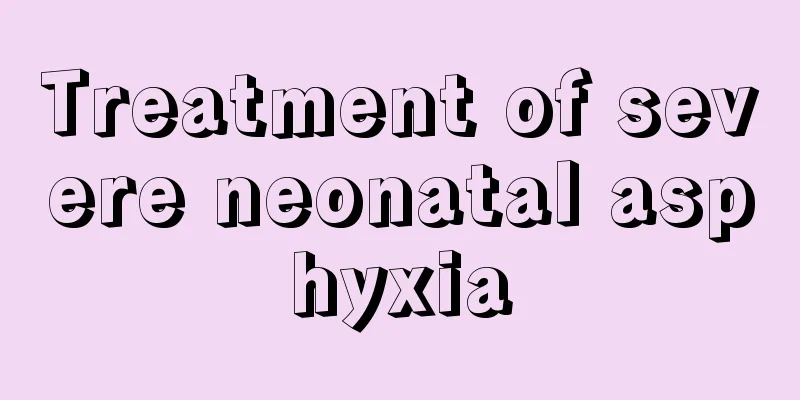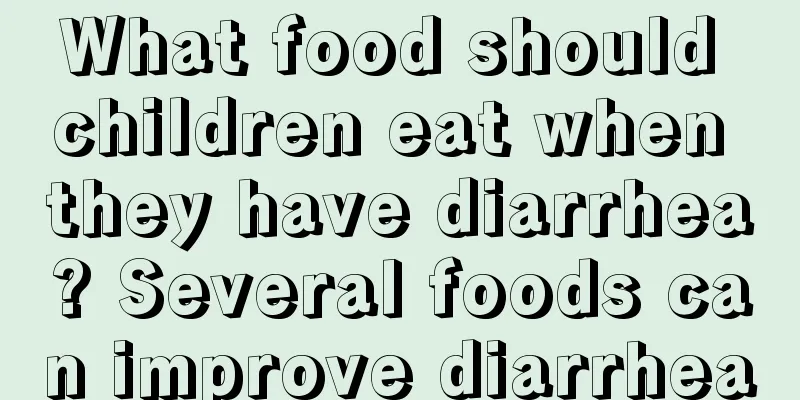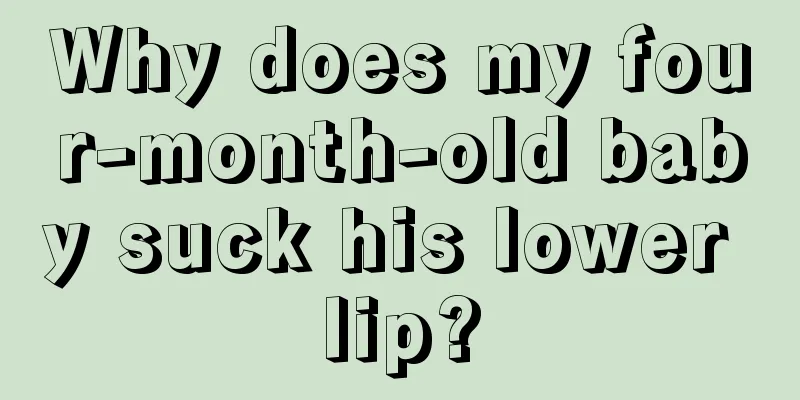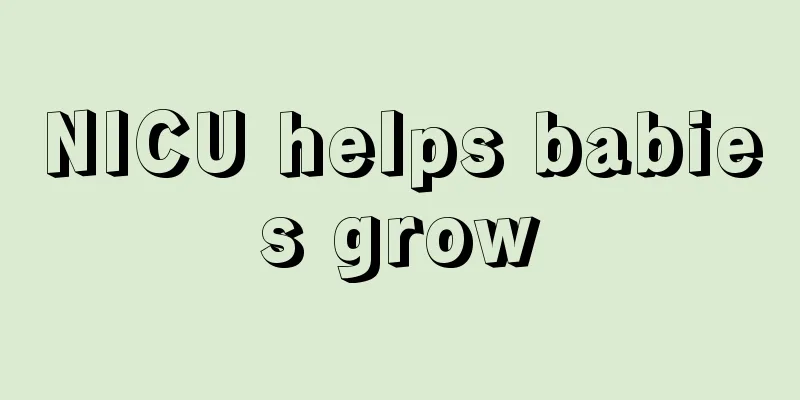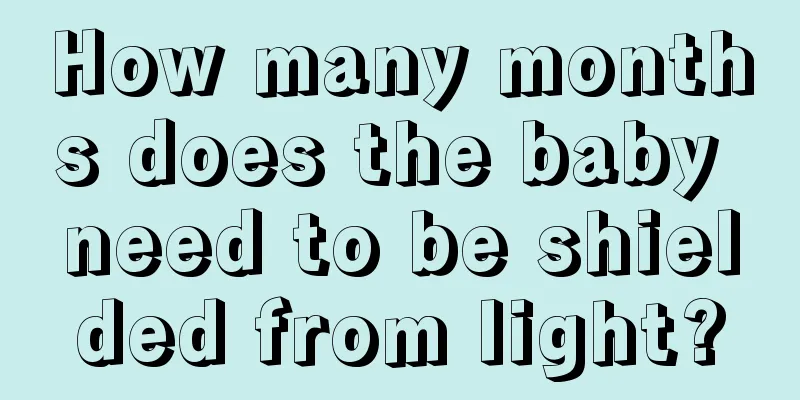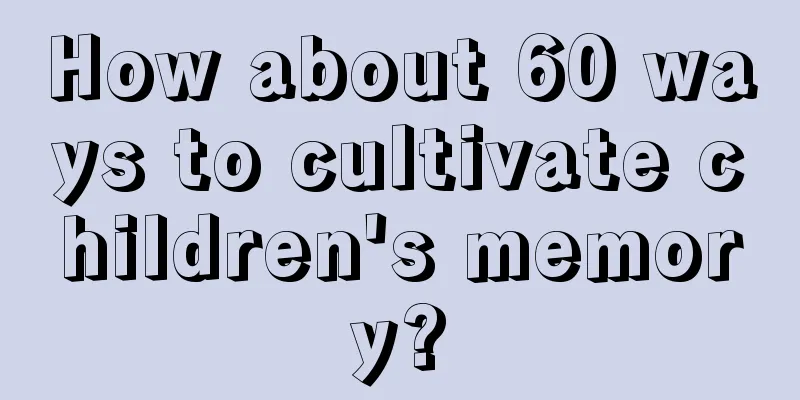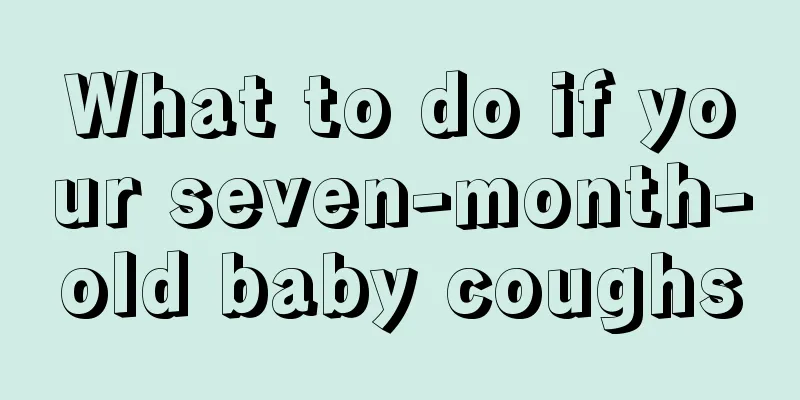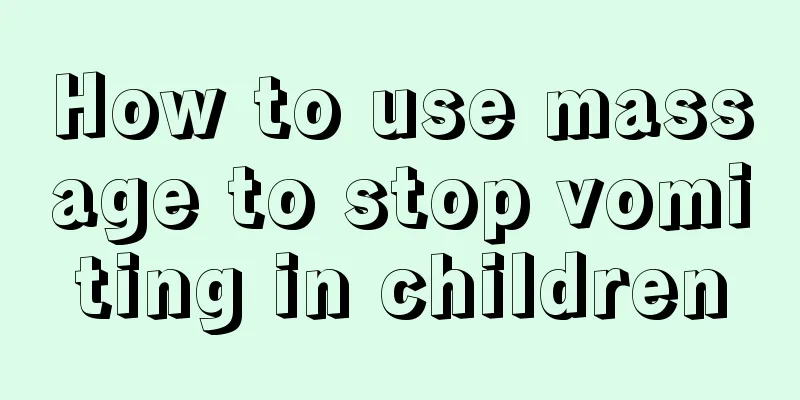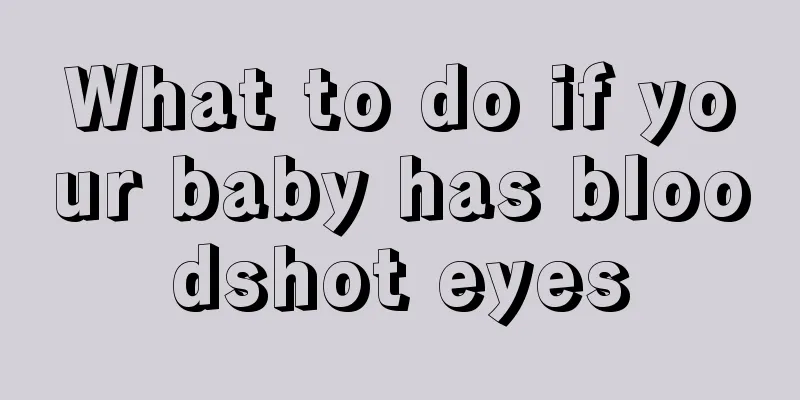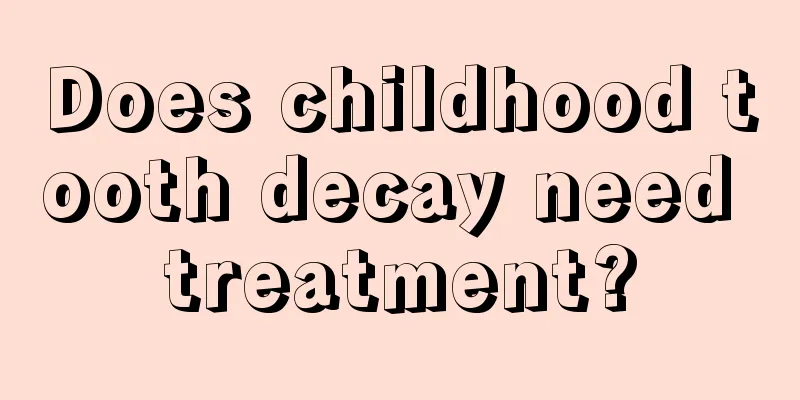What's wrong with my baby's runny nose and cough?
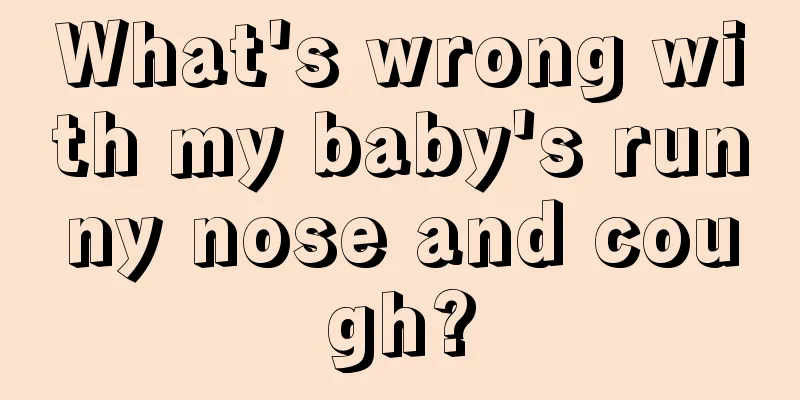
|
Babies can’t tell us when they are sick, nor can they say exactly where they feel uncomfortable like we can. They can only express their discomfort by crying, which is very distressing to hear. Adults’ runny noses and coughs seem to be cured by taking medicine. We also know the reasons why adults have runny noses, but what about babies? Is it the same as us adults? So let’s understand why babies have runny noses and coughs? When many parents see their baby coughing and having a lot of phlegm, the first thing they think of is what kind of baby cough medicine the baby can take to relieve the cough. In fact, children's coughing is a symptom of illness and a self-protective reflex action. The baby coughs out the "garbage" in the respiratory tract. Appropriate coughing can help the baby clear the mucus in the trachea and facilitate breathing. Therefore, although the baby's cough sometimes makes parents feel distressed, they should never rush to find baby cough medicine as soon as the baby coughs, because baby cough medicine usually has side effects such as dry mouth, dizziness, drowsiness, etc., and will also irritate the baby's tender throat. 1. Drink more beverages: beverages can dilute mucus, making phlegm easier to cough out. In addition, the drink can moisturize a dry, itchy throat. You can drink ice water, hot juice, or decaffeinated tea with honey. 2. Hold something in your mouth to relieve dryness and itching: Children over four years old can hold something in their mouth, such as sugar-free hard candy, frozen strawberries, etc., to help them relieve dry and itchy throats. In addition, eating some popsicles or even crushed ice can also help relieve a dry and itchy throat. 3. Desserts to relieve cough: Studies in recent years have shown that honey can relieve coughs and improve children's sleep, and its effectiveness is even better than some cough syrups. "Honey is a very safe food for children over one year old, and because it tastes good, children are more willing to accept it." American pediatric experts say that dark honey is more effective because it contains more antioxidants. Children aged 1-5 years old can take half a teaspoon, children aged 6-11 years old can take one teaspoon, and children under 1 year old should not take it. Now that we know why the baby has a runny nose and cough, we can give the baby appropriate treatment based on the cause so that the baby can get better quickly. If the child’s symptoms do not improve over time, then you should go to a regular hospital for examination, find the ultimate cause, and receive treatment according to the doctor’s instructions so that the baby will recover quickly. |
<<: Can a seven-month-old baby eat taro?
>>: My two-year-old baby doesn't talk. What's going on?
Recommend
What should I do if my child has genital pain?
As we all know, the genitals are very important r...
Will a burn on a one-year-old child leave scars?
Most children are playful and curious about most ...
What to do if your 2-year-old baby vomits
Babies are relatively common in our lives. Women ...
What causes baby's face to turn red?
In winter, the outdoor temperature is relatively ...
Young children cannot distinguish between wind-cold and wind-heat
Generally speaking, wind-cold colds mostly occur ...
What to do if your child has a repeated fever of 40 degrees
Sometimes babies have a fever in the middle of th...
What's wrong with a one and a half year old baby suddenly having a fever?
Nowadays, every child is the treasure of the fami...
The baby poops once after feeding
If the baby has bowel movements every time he fee...
What should I do if my baby gets prickly heat? How should I solve it?
Babies' skin is more delicate than that of ad...
1-year-old baby head circumference standard
After the baby is born, parents are usually very ...
What is the rehabilitation method for baby's clubfoot?
Baby's foot valgus refers to the baby's h...
What is the correct direction of pediatric massage to clear the lung meridian?
With the popularization of medical knowledge, peo...
What to do if your child's ankle is sprained and swollen
If a child sprains his ankle, he will definitely ...
Why does the baby always sneeze?
The birth of a child makes the family more warm a...
How can children improve their physical fitness?
I often hear mothers complain that their children...
